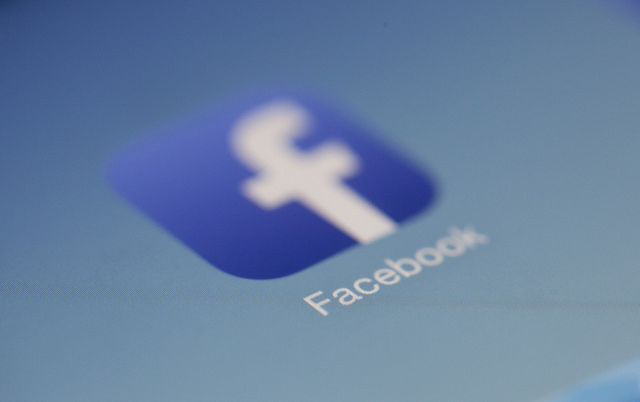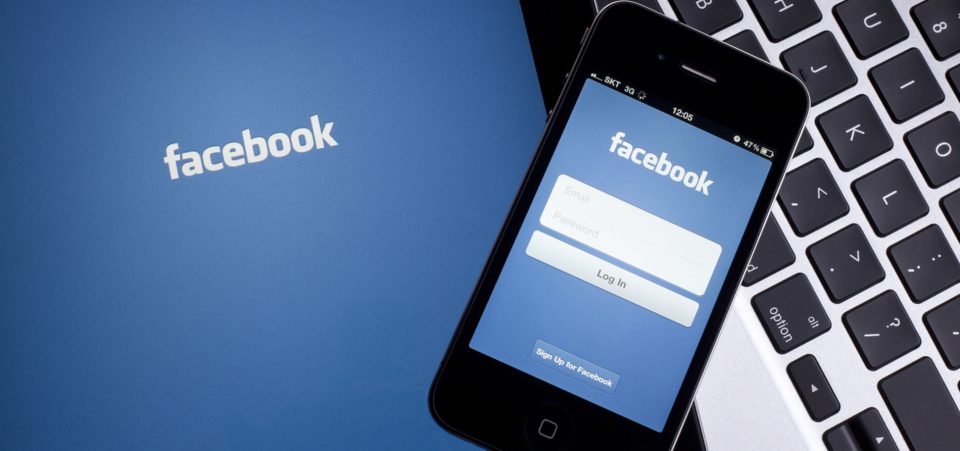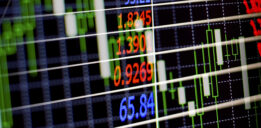Facebook Stock Could Collapse Under Threat of Censorship and Fake News in 2017
Facebook, Inc (NASDAQ:FB) has not had its best year. 2016 was tough for the giant of social media. While Facebook stock has gained 17.95% year-to-date, it will run against more risks in 2017.
The momentum for Facebook is bearish. Facebook stock has dropped from over $133.00 to $119.00 in the period since just before the U.S. presidential elections (late October). FB’s market decline, however, coincides with a collapse in its overall credibility.
Indeed, despite the efforts to make Facebook friendlier, some suggest that Facebook has become a “bad guy.” One of the main catalysts for the negative image is the so-called “fake news” problem. (Source: “2016: the year Facebook became the bad guy,” The Guardian, December 14, 2016.)
It’s no coincidence that FB stock’s decline came in the wake of the post-U.S. election debacle. The allegations of Russian hacking to favor Trump have been tied to the fake news phenomenon. Everything suggests fake news will become an even bigger “real news” story in 2017.
Fake news has damaged Facebook’s reputation considerably. Meanwhile, Facebook also had to take more reputation hits. It failed to expand Internet provision using its proprietary “Aquila” drone Internet and faced accusations of imperialism in the process. Facebook was called out for highlighting certain news stories over others. (Source: Ibid.)
However, the proliferation of the fake news problem—whether the concerns and accusations are justified or not—could prove a veritable Achilles’ heel for Facebook stock. In fact, it could hurt the social media sector in general.
Facebook also confronted storms over inaccurate advertising metrics, copying rival Snapchat and influencing the U.S. presidential election. However, the fake news issue will be the one to linger in 2017, especially as Pope Francis proclaimed fake news to be a “sin.” (Source: “Pope Francis compares fake news consumption to eating faeces,” The Guardian, December 7, 2016.)
But solving fake news might prove even more controversial for Facebook. How do you distinguish fake news from real news? How does the effort to stop its proliferation interfere with the right to free opinion?
Moreover, so-called fake news generates many hits. That means advertising revenue. Facebook will have to shoot its own foot to regulate it. Note that BuzzFeed suggested that 20 fake news items on Facebook generated more than 8.7 million shares compared to close to 7.4 million for the 20 real news articles. (Source: “This Analysis Shows How Fake Election News Stories Outperformed Real News On Facebook,” BuzzFeed, November 16, 2016.)
Now, Facebook has been scrambling to correct the problem. Naturally, the risk is always collapsing into censorship. That would kill the site and FB stock. But CEO Mark Zuckerberg’s plan suggests Facebook will be resorting to some kind of vetting.

Credits: Flickr.com/Hamza Butt
Facebook will target spammers who issue self-serving information while relying on Facebook members to report fake news. This doesn’t eliminate the problem. Facebook will also tackle the business of spammers that create deceptive sites. Spammers are making money by posing as well-known press organizations and posting hoax news articles to attract readers to their sites, according to Facebook.
However, there is the problem of impartiality. As noble a goal it might be to tackle the proliferation of false information, it’s a risky concept that involves some form of censorship, regardless of whether certain articles are eliminated or appropriately marked as fake news.
It’s difficult to set limits and boundaries. In doing so, Facebook is taking one of its biggest risks. The company has grown because its service represents one of the most free platforms to share information, from the personal to news and opinion. Even if Facebook merely marks the fake news articles as such, it’s still a bad idea; it’s still a form of censorship.






